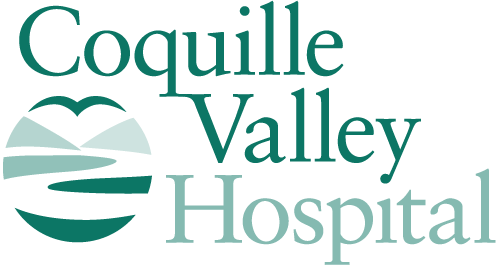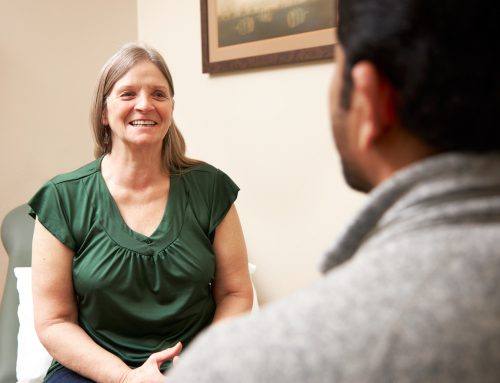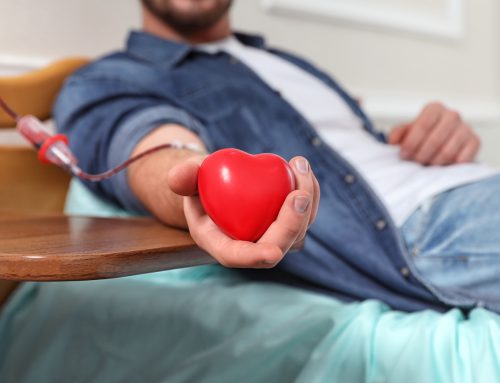Emergencies Happen, Even During The Holidays: When To Call 911
Published December 14, 2022

The holidays are a great time to visit with friends and family, attend get-togethers and much more. It’s also the time of year when many of the most common reasons for visiting the emergency room occur. In the event that you or someone else is experiencing a medical emergency, it’s important to be prepared and know when to call 911. Some of the most common reasons for ER visits during the holidays include the flu, abdominal pain, cooking accidents, slips and falls, heart attacks and alcohol poisoning.
Food-related emergencies
Eating exposes us to potential food poisoning, which occurs when we eat food spoiled by bacteria, a parasite or a virus. E-coli, salmonella and listeria are some of these contaminants. Foods that can harbor contaminants are raw or undercooked meats or poultry, raw fish, unpasteurized products and raw eggs to name a few.
Food poisoning symptoms can range from mild to severe symptoms that need emergency attention. The Centers for Disease Control and Prevention says to call 911 if you:
- have a fever greater than 102°;
- see blood in your stool or your stool remains runny for more than three days;
- experience frequent vomiting or start to vomit blood;
- can’t keep liquids down or are dehydrated;
- are breathing with difficulty or have a rapid heart rate;
- have intense stomach pain.
Choking, too, is considered an emergency when food becomes lodged and obstructs your ability to breathe. Usually coughing and someone clapping your back a few times will clear your airways. If not, ideally, someone in your party knows how to do the Heimlich maneuver. If this happens, someone should call 911. The operator may even instruct someone on how to do the Heimlich maneuver to save a life while emergency personnel are on their way.
Bodily injuries
Injuries or fractured/broken bones can occur any time; the holidays no exception. Injuries may result from car accidents, slipping on ice and falling, even falling from a ladder when hanging holiday decorations.
Call 911 if you’ve been in a serious car crash, or if you witness a serious vehicle-related incident. If someone has broken a bone, call 911 or have someone take them to the ER if:
- the fractured bone is visible through the skin;
- if the limb is not aligned properly;
- if there is heavy bleeding or swelling.
If you suspect someone has broken their spine or their neck, call 911 immediately and do not move the person. It is also important to call 911 if the injured person is unconscious or having trouble breathing.
Mental health crisis
The holidays can be mentally taxing for people who experience anxiety or depression or have a history of mental health crises. If you’re experiencing a life-threatening emergency, please dial 988 for the Suicide and Crisis Lifeline, or call 911 or go to your nearest emergency room. If you are experiencing a non-life threatening but urgent mental health concern that cannot wait, please contact the 24-hour Crisis Line at 541-266-6800 or 888-543-5763 to speak with someone immediately.
Health-related emergencies
In addition to the already mentioned reasons to call 911, according to The American College of Emergency Physicians, 911 should be called for adults or children with the following symptoms:
- Difficulty breathing or shortness of breath
- Fainting, sudden dizziness, weakness
- Changes in vision or mental confusion
- Chest or upper abdominal pain or pressure lasting two minutes or more
- Ingestion of a poisonous substance
- Difficulty speaking
- Sudden or severe pain, including abdominal pain
- Uncontrolled bleeding
- Seizure
- Hypothermia, when the body can’t keep warm because of overexposure to cold weather
What to expect when you call 911
All family members, even children, should learn how to handle a 911 call. Be prepared to provide any information the operator asks you, such as:
- The street address and location of the emergency
- The phone number from which you are calling
- The kind of emergency and any details you can share, including symptoms or injuries the person is experiencing. If it is a mental health crisis, say so.
Adults should be prepared to follow any instructions from the 911 operator, including giving first-aid or CPR, or helping someone who is choking.
Once your 911 call is processed, and if emergency vehicles are dispatched, know that Coquille Valley Hospital’s Emergency Services will be there for you when you arrive at ER. We are available 24/7.
Subscribe to our monthly emails for Your Well-Being! Get health and wellness tips, hospital news, staff spotlights, career opportunities, our cafe menu and more, sent right to your inbox!
DISCLAIMER: No content on this website, regardless of date, should be used as a substitute for direct medical advice from your primary care provider.



